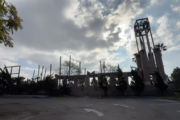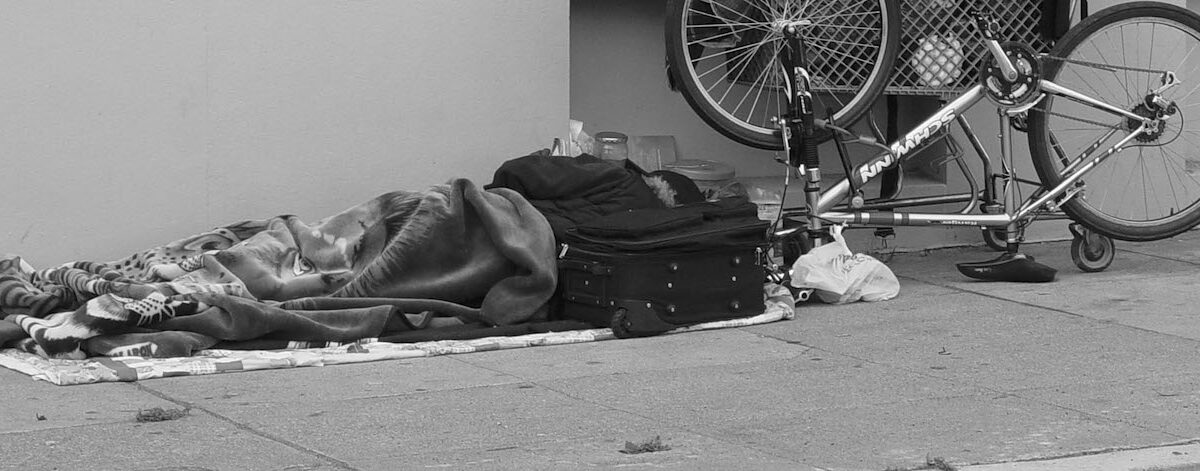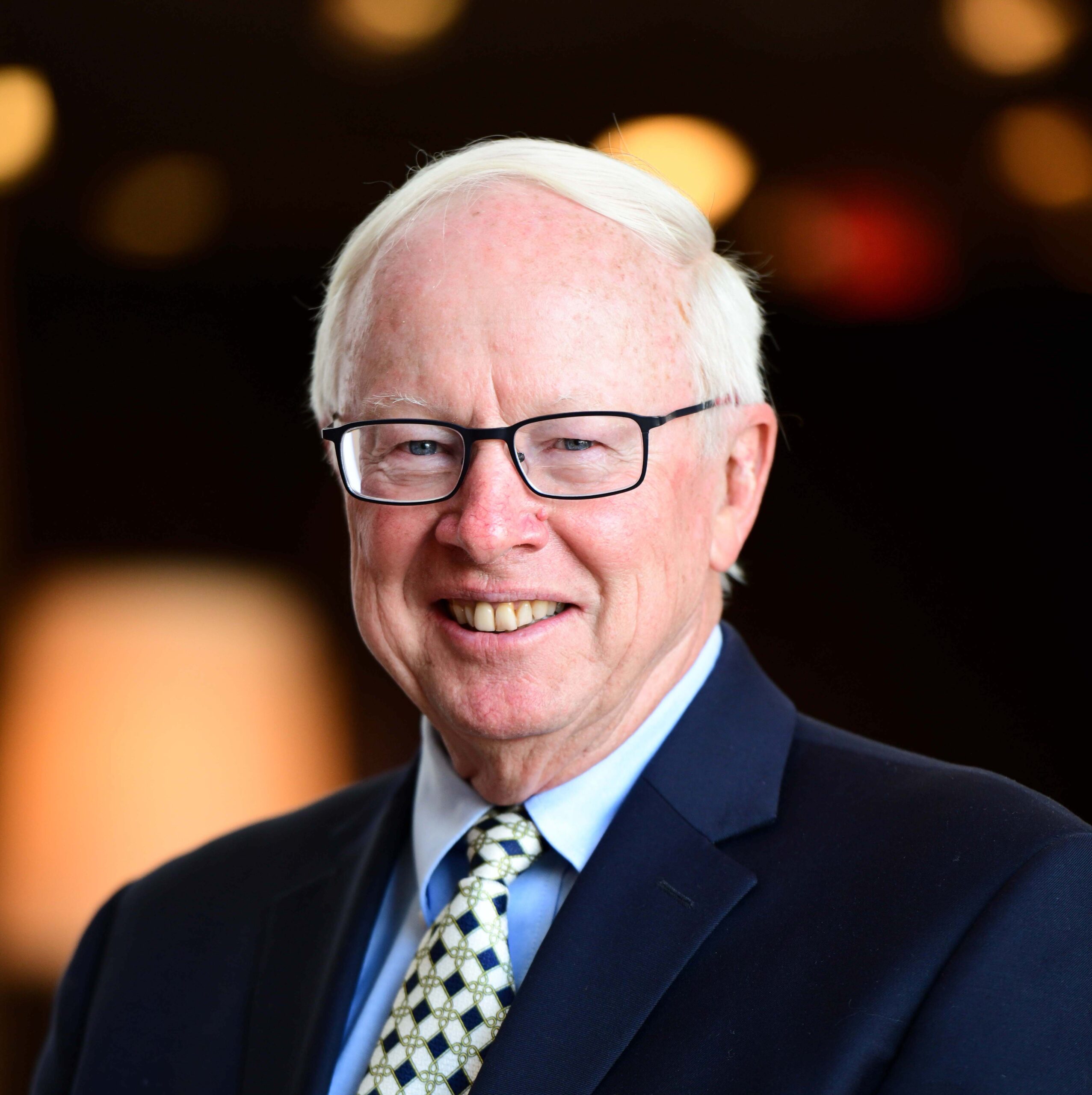Depending on your point of view, religion is the source of values like compassion and social justice that are essential to the harmonious co-existence of diverse groups in any given society. Or it provides the rationalization for intolerance and injustice toward the “other,” which is the root of conflict and suffering. Reality, of course, is much more complicated than either perspective.
In any case, religious beliefs—and beliefs about religion—inevitably shape social values and political power, in both the secular societies of the global North and the deeply religious cultures of the global South. Explore the relationship between religion and a variety of social and political issues, from economic inequality to immigration.
Photo Credit: Franco Folini
- VideoSNAP at a Crossroads: An Update on Aid Programs + Resources for Government Shutdown
 ArticleJimmy Swaggart’s rise and fall shaped the landscape of American televangelismThis article is originally published by republished from The Conversation. Jimmy Swaggart, one of the most popular and enduring of the 1980s televangelists, died on July 1, 2025, but his legacy lives. …Topics: Christianity, Media and Technology, Politics
ArticleJimmy Swaggart’s rise and fall shaped the landscape of American televangelismThis article is originally published by republished from The Conversation. Jimmy Swaggart, one of the most popular and enduring of the 1980s televangelists, died on July 1, 2025, but his legacy lives. …Topics: Christianity, Media and Technology, Politics CommentaryWe’re still fighting for migrants’ dignity in Los AngelesThis article was originally published on Religion News Service, by staff and participants in the USC Center for Religion and Civic Culture’s Compelling Preaching program. By Susan Goldberg, Najuma Smith, Soraya Ahyaudin, Guillermo Torres and Tanny Jiraprapasuke LOS …Topics: Immigration, Interfaith/Multifaith Movements, Politics, preaching, Racial Justice, Religious Leadership, Southern California
CommentaryWe’re still fighting for migrants’ dignity in Los AngelesThis article was originally published on Religion News Service, by staff and participants in the USC Center for Religion and Civic Culture’s Compelling Preaching program. By Susan Goldberg, Najuma Smith, Soraya Ahyaudin, Guillermo Torres and Tanny Jiraprapasuke LOS …Topics: Immigration, Interfaith/Multifaith Movements, Politics, preaching, Racial Justice, Religious Leadership, Southern California ToolsPreaching Beyond the Walls of the Congregation: How Faith Leaders Can Use MediaCongregations are often on the frontlines of significant social issues, from poverty to immigration to polarization. Clergy’s moral leadership on these issues is grounded in both their spiritual traditions and the lived …Topics: Christianity, Media and Technology, preaching, Religious Leadership
ToolsPreaching Beyond the Walls of the Congregation: How Faith Leaders Can Use MediaCongregations are often on the frontlines of significant social issues, from poverty to immigration to polarization. Clergy’s moral leadership on these issues is grounded in both their spiritual traditions and the lived …Topics: Christianity, Media and Technology, preaching, Religious Leadership- VideoWellness and Wellbeing: Caring for Self and Community
 Commentary“We Save Us” – 2025 Trends to Watch in Religion and SocietyMultiple wildfires broke out across Los Angeles the day before our team was scheduled to discuss 2025 trends to watch in religion and society. Our leader canceled the meeting, while other team …Topics: Disaster Response, Economic Justice, Innovation and Change, Politics, Racial Justice, Religious Leadership, trends
Commentary“We Save Us” – 2025 Trends to Watch in Religion and SocietyMultiple wildfires broke out across Los Angeles the day before our team was scheduled to discuss 2025 trends to watch in religion and society. Our leader canceled the meeting, while other team …Topics: Disaster Response, Economic Justice, Innovation and Change, Politics, Racial Justice, Religious Leadership, trends CommentaryBringing Religion Reporting—and Understanding—to NigeriaInspired by a fellowship with CRCC’s global project on engaged spirituality (2019-2023), journalist Innocent Eteng has found ways to improve reporting on religion in Nigeria. Nigeria is a country with over 250 …Topics: Engaged Spirituality, Media and Technology
CommentaryBringing Religion Reporting—and Understanding—to NigeriaInspired by a fellowship with CRCC’s global project on engaged spirituality (2019-2023), journalist Innocent Eteng has found ways to improve reporting on religion in Nigeria. Nigeria is a country with over 250 …Topics: Engaged Spirituality, Media and Technology- VideoAI Tips for Preachers
- VideoMemories of the Rev. Dr. Cecil L. “Chip” Murray – 1929-2024
- Video2024 Shurden Lectures: Whose Country Is It Anyway?
- VideoGod’s Resistance: Mobilizing Faith to Defend Immigrants
 CommentaryA Year of Crisis and Opportunity: 2024 Trends in Religion and SocietyIn CRCC’s annual trends post last year, we wrote about surviving, if not thriving. We write this year’s trends with a special place in our hearts for CRCC’s senior editor Nick Street, …Topics: Innovation and Change, Racial Justice, Religious Leadership, trends
CommentaryA Year of Crisis and Opportunity: 2024 Trends in Religion and SocietyIn CRCC’s annual trends post last year, we wrote about surviving, if not thriving. We write this year’s trends with a special place in our hearts for CRCC’s senior editor Nick Street, …Topics: Innovation and Change, Racial Justice, Religious Leadership, trends
“It is, finally, not the external forms of religion that matter so much; they are cultural products, vessels (potential conduits) of the holy, not to be confused with the divine (which would be idolatry). What is important is the quality of life that results from one’s concourse with the God beyond gods.”
—Donald E. Miller
“The Future of Liberal Christianity”
CRCC Experts
To schedule an interview with one of our experts, please contact CRCC:
crcc@usc.edu or 213-743-1611












